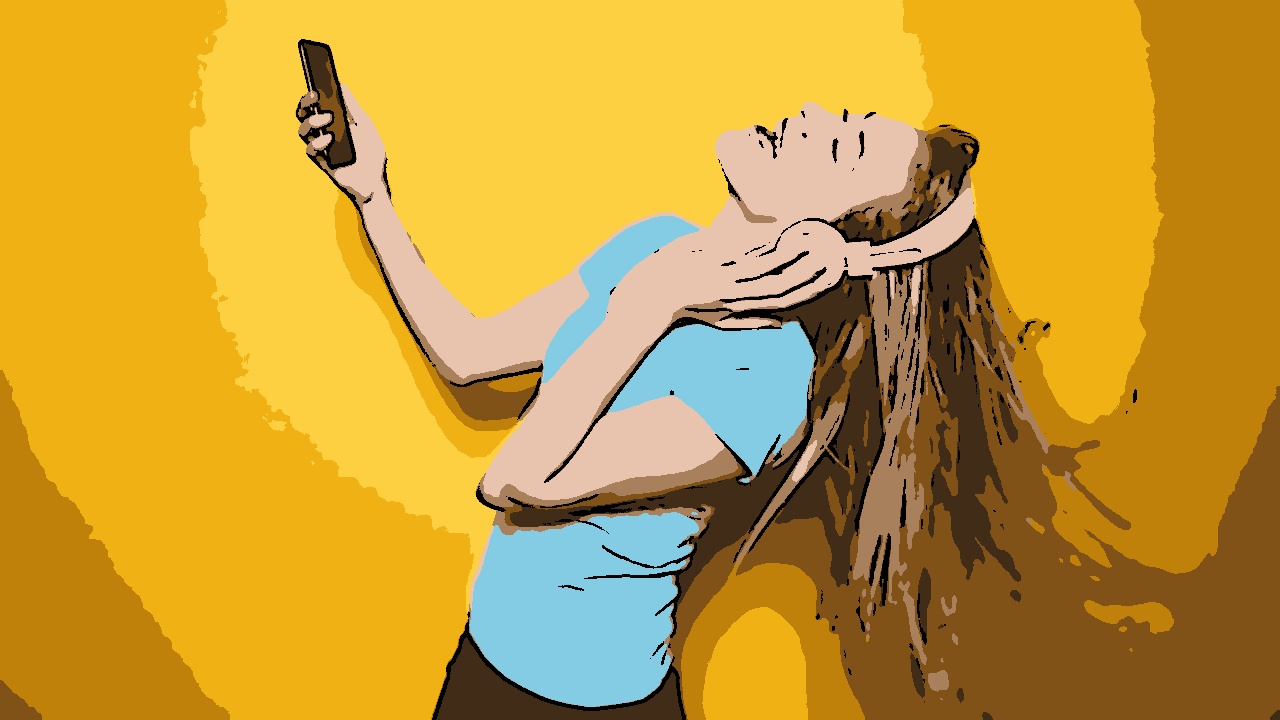Determined songs They have the power to trigger a flood of memories. Whether it’s the melody that marked the first Dença or the hymn of an unforgettable trip, songs often become shortcuts for lived moments. However, recent studies show that the relationship between Music, Memory and Brain It goes beyond the simple evocation of scenes from the past.
Music and reinterpretation of memories
People often see memories as fixed records, but a survey conducted at the Georgia Institute of Technology suggests that Listening to music can change the way we remember something. According to the psychologist and researcher at the head of the study, in collaboration with music experts at Colorado Boulder University, the impact of songs goes beyond simply reliving moments: they can change the emotional load associated with memories.
Emotions and memories connected by the brain
When we hear songsseveral regions of the brain They are activated. THE hippocampusresponsible for storing and recovering memories, works in conjunction with the amygdalathe emotional center of the brain. This connection is why some melodies are deeply emotional and striking.
The hypothesis of the malleability of memory
The team of researchers proposed the hypothesis that memory is not fixed, but can be changed when remembered, becoming temporarily malleable. The experiment conducted sought to test whether the music It could introduce new emotional elements during this process of reactivation of memories.
The three -day experiment
In the study, participants memorized neutral stories on the first day. On the second day, they remembered these stories while listening songs with positive or negative emotional climates, or in silence. On the third day, they were again questioned about the stories, but without music. During the second day, brain activity was monitored with FMRI tests, which detect changes in blood flow.
Results that transform perception
The results showed that neutral stories remembered with positive music They were later perceived as more positive, even in the absence of songs. THE negative musicOn the other hand, it added a darker emotional load. This demonstrates that the soundtrack can shape the way we record and reinterpret the events.
The role of the brain in the processing of music and memories
FMRI’s exams revealed an increase in activity in the amygdala and in hippocampus when participants remembered stories with music. This activity suggests an interaction between the regions of the brain Responsible for emotional and sensory processing, explaining why certain melodies have such a deep impact.
Memories and Visualization
The research also pointed out evidence of strong communication between brain areas that process emotional memories and regions linked to visual sensory processing. This indicates that music You can add details to memories by stimulating mental images during the memory.
Music and the flexibility of memories
The findings suggest that memories may be more flexible than imagined. Not only react to songs as they can also be shaped by them. For scientists, this malleability opens doors to new applications.
Therapeutic implications
Under conditions such as depression and PTSD (posttraumatic stress disorder), negative memories are common and can be debilitating. Songs Carefully chosen could help reformulate these memories, reducing the negative impact over time.
Applicability in daily life
In addition to its therapeutic potential, the study shows that daily sound choices have the power to shape the future. To the songs That we hear as we live experiences or remember moments can influence how we will connect to these memories in the future.
The soundtrack of life
Memories, as well as the songs Favorite, can be remixed. What we hear during everyday activities or moments of reflection is continually shaping our perception of the past.
Music for today and tomorrow
The next time you put your favorite playlist, think about it not only improves the present moment, but it can also influence the memories you will take to the future. So choose with love, play and enjoy the moment!
Summary for those in a hurry:
- Songs They can trigger and modify memories, changing the emotional load associated with them.
- THE hippocampus and the amygdalaareas of brain linked to emotion and memory, are activated by music.
- Study showed that neutral stories remembered with positive songs were reinterpreted as more positive.
- The research opens ways for therapeutic interventions under conditions such as depression and PTSD.
- Our daily musical choices influence how memories will be recorded.
- THE music It can be a powerful tool for shaping the present and the past.

